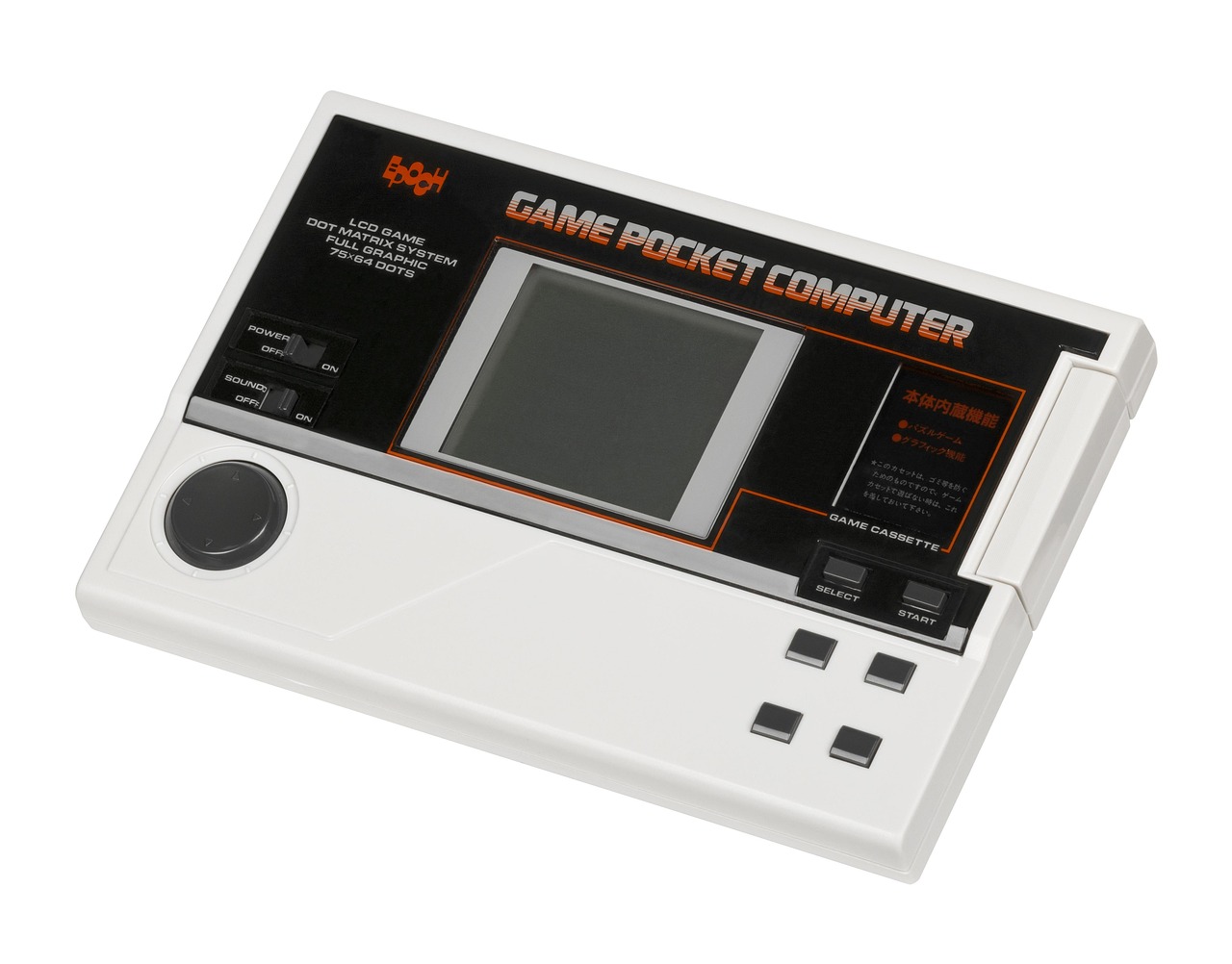Unlock your child’s cognitive potential with engaging and fun brain games! These activities are more than just entertaining; they are powerful tools that can sharpen focus, boost memory, and enhance problem-solving skills. This comprehensive guide explores the world of kids’ brain games, offering insights into their benefits, types, and how to incorporate them into your child’s daily routine.
Why Brain Games are Essential for Kids
Cognitive Development Boost
Brain games actively stimulate cognitive development in children. They encourage critical thinking, logical reasoning, and creative problem-solving.
- Improved Memory: Many brain games require children to remember patterns, sequences, or information, strengthening their memory skills.
- Enhanced Attention Span: Focusing on puzzles or strategic games helps kids improve their attention span and concentration abilities. Studies show that consistent engagement with brain-training activities can lead to noticeable improvements in focus.
- Better Problem-Solving Abilities: Brain games challenge kids to think outside the box and find innovative solutions to complex problems.
Academic Performance Enhancement
Beyond cognitive development, brain games can also positively impact academic performance.
- Stronger Math Skills: Games involving numbers, patterns, and spatial reasoning can enhance mathematical abilities.
- Improved Reading Comprehension: Games that focus on vocabulary, wordplay, and storytelling can improve reading comprehension skills.
- Better Test Performance: By improving cognitive abilities such as memory and attention, brain games can indirectly improve test performance.
Types of Brain Games for Kids
Puzzles
Puzzles are classic brain games that come in various forms, each offering unique cognitive benefits.
- Jigsaw Puzzles: Excellent for spatial reasoning, fine motor skills, and problem-solving. Start with larger pieces for younger children and gradually increase the complexity as they grow.
- Logic Puzzles: Such as Sudoku or KenKen, these challenge kids to use logical reasoning and deduction skills.
- Word Puzzles: Crosswords, anagrams, and word searches enhance vocabulary, spelling, and pattern recognition skills.
Memory Games
Memory games are designed to improve working memory and recall abilities.
- Matching Games: Use cards with pairs of images and challenge kids to find the matching pairs. Start with fewer cards and gradually increase the number as their memory improves.
- Simon Says: This classic game enhances listening skills and memory by requiring kids to follow a sequence of instructions.
- “I Spy” Games: Encourages observation skills and memory recall as kids try to identify objects based on descriptions.
Strategy Games
Strategy games require critical thinking, planning, and decision-making skills.
- Chess: A classic strategy game that teaches kids about planning, foresight, and logical thinking.
- Checkers: A simpler alternative to chess that still requires strategic thinking and planning.
- Board Games: Many board games, such as Settlers of Catan Junior or Ticket to Ride: First Journey, introduce strategic elements in an engaging and age-appropriate way.
Creative Brain Games
These games encourage creativity, imagination, and problem-solving in unconventional ways.
- Building Blocks: LEGOs or other building blocks can stimulate spatial reasoning, problem-solving, and creative design.
- Drawing and Painting: Art projects encourage creativity, fine motor skills, and visual problem-solving.
- Storytelling Games: Collaborative storytelling games where each participant adds to a story can enhance creativity, vocabulary, and narrative skills.
Integrating Brain Games into Daily Life
Setting Aside Dedicated Time
- Schedule Regular Sessions: Designate specific times each day or week for brain game activities. Consistency helps establish a routine and ensures regular cognitive stimulation.
- Keep it Short and Sweet: Start with shorter sessions (15-20 minutes) and gradually increase the duration as kids become more engaged.
- Make it Fun: Choose games that your child enjoys to keep them motivated and engaged.
Making Learning Fun
- Turn Chores into Games: Incorporate brain game elements into everyday tasks. For example, turn cleaning up toys into a spatial reasoning game by challenging kids to fit items into specific containers.
- Use Tech Wisely: Utilize educational apps and online resources that offer brain-training games. However, limit screen time and encourage offline activities as well.
- Family Game Nights: Dedicate one night a week to playing brain games as a family. This not only strengthens cognitive skills but also promotes family bonding.
Age-Appropriate Selection
- Consider Developmental Stage: Choose games that are appropriate for your child’s age and developmental level. Overly complex games can be frustrating, while too simple games may not provide sufficient cognitive stimulation.
- Observe Interests: Pay attention to your child’s interests and preferences. Select games that align with their passions to keep them engaged and motivated.
- Adjust Difficulty: As your child progresses, gradually increase the difficulty of the games to continue challenging their cognitive abilities.
Tracking Progress and Celebrating Success
Monitoring Cognitive Improvements
- Observe Changes in Behavior: Look for improvements in attention span, problem-solving skills, and academic performance.
- Use Assessment Tools: Consider using standardized tests or online assessments to track cognitive progress over time.
- Keep a Journal: Document the types of games played, the duration of sessions, and any notable observations about your child’s performance.
Positive Reinforcement
- Offer Praise and Encouragement: Acknowledge and praise your child’s efforts and achievements, regardless of the outcome.
- Reward Progress: Celebrate milestones and significant improvements with small rewards or special activities.
- Focus on Effort, Not Just Results: Emphasize the importance of effort and perseverance, rather than solely focusing on winning or achieving perfect scores.
Conclusion
Brain games are invaluable tools for fostering cognitive development, enhancing academic performance, and promoting overall well-being in children. By incorporating a variety of puzzles, memory games, strategy games, and creative activities into their daily routines, you can help unlock their full potential. Remember to tailor the games to their age, interests, and developmental stage, and always focus on making learning fun and engaging. By tracking their progress and celebrating their successes, you can inspire a lifelong love of learning and cognitive exploration.



